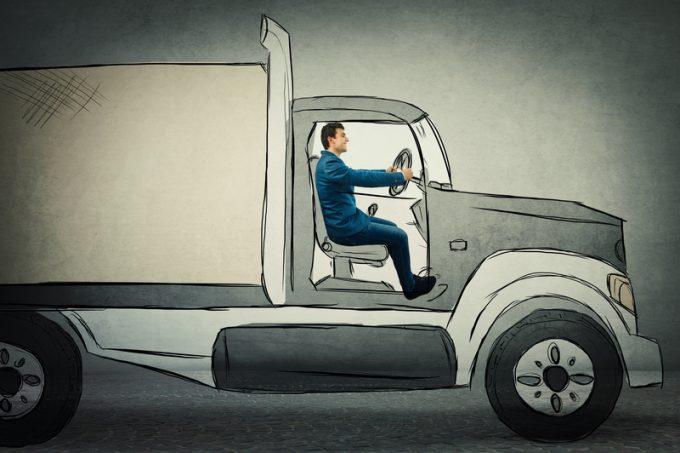A new trade war with US would threaten China’s 'historic' airfreight boom
China’s civil aviation authority may be talking-up its “historic highs” in airfreight volumes over the ...

The American Trucking Associations (ATA), the largest haulage lobbying group in the US, is on the barricades over a looming change in the classification mechanism for independent contractors, alongside other interest groups, including shippers.
Some transport companies that use independent contractors are not fazed, though, saying they don’t expect any changes to their trucker relationships.
The rule rescinds the 2021 Independent Contractor Rule, which established that independent contractors are not employees under the US Fair Labor Standards Act. This rendered them not ...
'Disastrous' DSV-Schenker merger would 'disrupt European haulage market'
New senior management for DSV as it readies for DB Schenker takeover
Volumes set to 'fall off a cliff' as US firms hit the brakes on sourcing and bookings
Asian exporters scramble for ships and boxes to beat 90-day tariff pause
Amazon pushes into LTL for small package fulfilment and UPS does a u-turn
Temporary tariff relief brings on early transpacific peak season
Pre-tariff rush of goods from US to China sees air rates soar, but not for long
Forwarders 'allowing the fox into the chicken run' by supporting 'hungry' carriers

Comment on this article